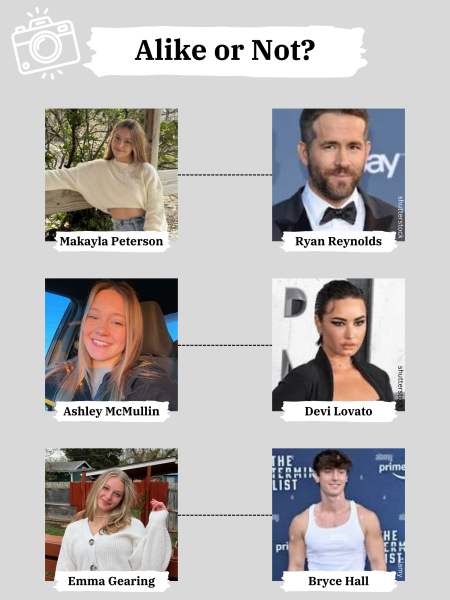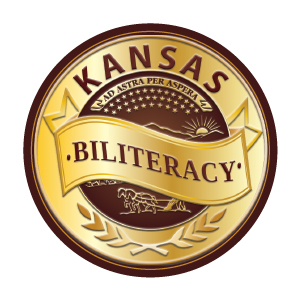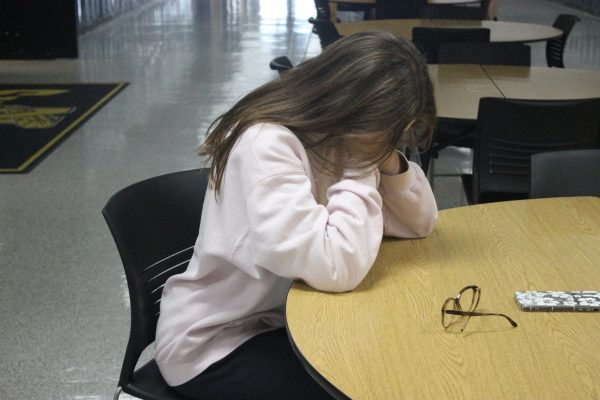School environment not creating students who want to learn
In school, students take a variety of classes from History to Algebra to maybe even environmental science. For most Americans, education starts in grade school and continues to the high school level. Those who attend college might be required to get a general education in similar subjects again. While this system has seemed to work effectively for years, there is a fundamental flaw with this system yet: it creates a body of students who get straight A’s (or good grades in general), but only because their ability to regurgitate information they learned in a book, and not because of their critical thinking skills. Education reform is a necessary intervention here, one to transform the people of the world into better informed and more individualistically intelligent citizens.
Individualist intelligence means to question the world around you, to know how to think, not blindly accept or deny information. Scientist Neil deGrasse Tyson acknowledges that the current way students learn is an important part of education, but that there is more to it saying, “ My problem is not that you’re learning things rather than thoughts — how to think. That’s not the problem. It’s that we believe that that’s the measure of what it is to be educated. That’s the problem. It’s an aspect of what it is to be educated\; it’s not the measure of things.”
The current format for U.S. education is further facilitating the creation and growth of students who don’t have a care to ask any questions, or to pursue any learning on their own. Education reform activist Ron Tomalis believes students are groomed to behave this way. Tomalis is quoted with saying, “The teacher only likes the kids who get the high score and the kids who are quiet while they’re teaching, because they’re the well-behaved ones.”
The current answer to this problem is unknown, while reform is necessary, it’s still up in the air about how exactly the education system should be reformed. High school activities such as debate are a reliable tool to teach students how to think for themselves at a better rate, so perhaps schools ought to replicate the endeavors a debate competitor faces in a match, and challenge the brain to pursue the spark of curiosity that is inside everyone.

Benton is a senior and second year staff member for the Newtonian. He works at Prairie Harvest, has participated in five theatre productions, has been...














